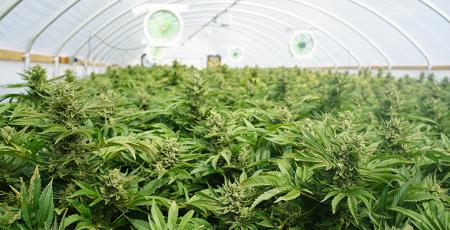Colorado Cultivators Energy Management Pilot Program
Energy Use & Management in Cannabis Cultivation
|
Colorado is home to ~900licensed medical and recreational cannabis cultivation facilities |
Colorado is home to almost 900 licensed medical and recreational cannabis cultivation facilities. Energy use varies widely by the type, size and process for each individual site, but one thing remains constant: for each indoor agriculture business, electricity is a critical component of indoor farming and has a direct connection with production and product quality. This significant year-round energy need impacts both the businesses that operate indoor agriculture centers as well as the local utilities that provide them with reliable and affordable electricity. Energy management can be especially challenging for cultivation businesses in areas of the state not served by investor owned utilities (IOUs) that already have well-established demand side management program budgets, rebates, resources and cost-recovery mechanisms. Whether a cultivator is severed by an IOU or not, efforts to manage or optimize energy use must take several non-traditional energy engineering factors into consideration to be effective.
